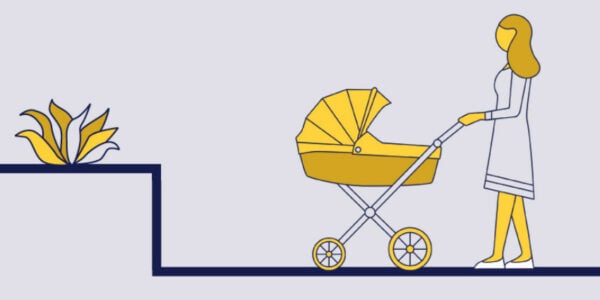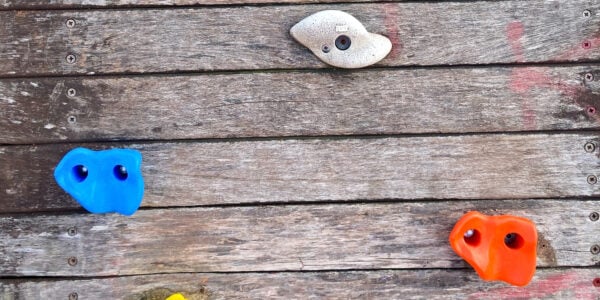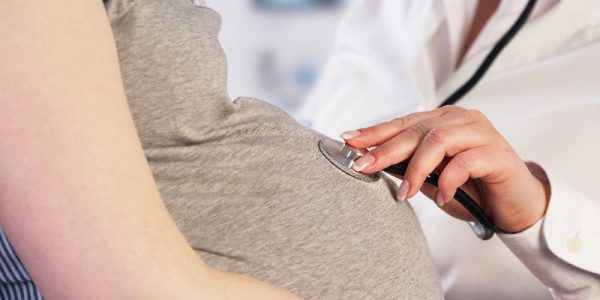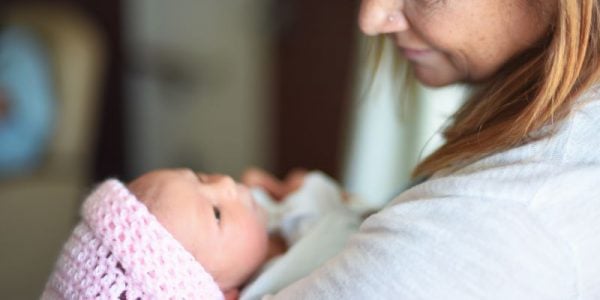About this blog
This blog is by Mark Carter and Liz Baker from Barnardo’s Cymru. They have found that where specialist services have been developed, there is a considerable localised impact on the outcomes of babies and families in care proceedings, particularly so with Baby and Me and Reflect. They explain more about the support offered and the approaches used by these services, and how a reduction in the risk of recurrence has been seen.
The research report ‘Mother’s in recurrent care proceedings: where are we now?’ outlines that statistics indicate that this is a problem that has not markedly changed, however Barnardo’s Cymru have found that where specialist services have been developed there is a considerable localised impact on the outcomes of babies and families, particularly so with Reflect and Baby & Me.
The Baby & Me service provides tailored group work programme and bespoke intensive 1:1 support. We work with parents where there is a risk that the baby may be brought into care, creating a safe space for families to explore their identified issues and use a range of strategies and therapeutic approaches to work empathically with parents and empower them to reach their goals of keeping their family together. 56% of mothers supported have had 1 or more children removed from their care. 39% of mothers support have had 2 or more children removed from their care, with 30% under the age of 19. 87% of the mothers we have supported have been dependant on the benefits system which we find is too often inappropriate for meeting the needs of a family, particularly as the cost-of-living crisis is really starting to impact families.
Newport have had a 48% reduction in care proceedings issued at birth since Baby and Me started, equating to 20 less babies coming into care in Newport compared to the 2 years prior to the service’s inception. Of the babies who have gone home, 100% had be deregistered from the CPR by 1 year. Research in Practice have found that babies supported by Baby and Me spend less time on the Child Protection Register in their first year of life than comparative babies.
Reflect provides support to women (and partners) that have had one or more children permanently removed from their care. This includes practical and therapeutic support alongside raising awareness of using Long-Acting Reversible Contraception (LARCs) and supporting service users to access as appropriate. 43% of mothers supported have had 1 child removed with 57% of mothers having had 2 or more children removed from their care. 32% of parents supported by Reflect are care leavers. 61% of parents supported by Reflect are NEET (Not in Education Employment or Training) and 16% are known to be supported by foodbanks.
As a provider of Reflect services and host of the National Coordination role, Barnardo’s Cymru have an overarching insight into the delivery of Reflect Services in Wales. We have found that there is still a need to change the culture around being willing to support families, provide the right specialist support and to manage risk where safe to do so. Reflect services provide evidence that services can reduce the risks for recurrent care mothers, providing the support that is needed either following the loss of the child.
As evidenced in the research we strongly encourage earlier identification of pregnant mothers who have had a child removed. This will enable referrals to Local Authorities for safeguarding assessment and planning of specialist services for engagement in intensive pre-birth support. A multi-agency response, particularly involving Health, may require difficult conversations however identification of safeguarding support services early in pregnancy with a focus of support required is what mothers have told us they require. Parents have also told us that communication from services with themselves is often not good enough, support is inconsistent, and they often have little trust for those who are there to support them and safeguard their children. Regional Partnerships should therefore ensure there are no gaps in the provision of support services throughout a parent’s journey through pregnancy and care proceedings. Ealy identification and planning should also incorporate all disciplines such as Health, Housing and Advocacy.
The use of emotive language such as the ‘pain of removal’ is welcomed as this provides an accurate reflection of what we hear from mothers who have been through the process of losing their child into care. There is a fundamental need to adopt a culture of trauma-informed support and using trauma-enhanced treatment skills in this process, addressing what is often experienced as a lack of compassion from services towards recurrent care mothers. We have unequivocally found that adopting this approach to support these mothers and partners, facilitates the development of strong relationships and connections, enabling the process of recovery from past traumas. Parents are more receptive to then make changes for themselves, which will be beneficial for any future children they may have. Recommendations from our work would include multi agency training to for all stakeholders in childcare proceedings, which would be informed by the Welsh Trauma Informed Framework and the impact on parents of the loss of a child through care proceedings.
In this highly pressured financial climate, increased sustainable funding must be protected to support more children to live safely within families. Without protecting the funding that is put aside to support these parents and for children on the edge of care, we risk exposing some of Wales’ most vulnerable children and families to the worst consequences of poverty and the cost of living. It is our hope that we will be able to continue delivering this vital support, but also increase capacity/provision, with our partners in the community, in order to nurture safer and happier families during these challenging times.







